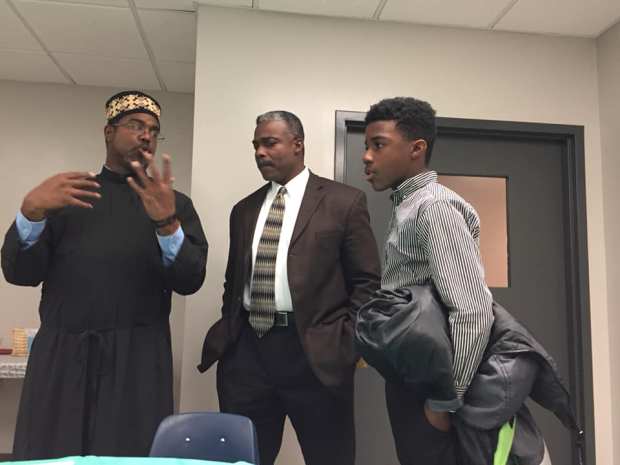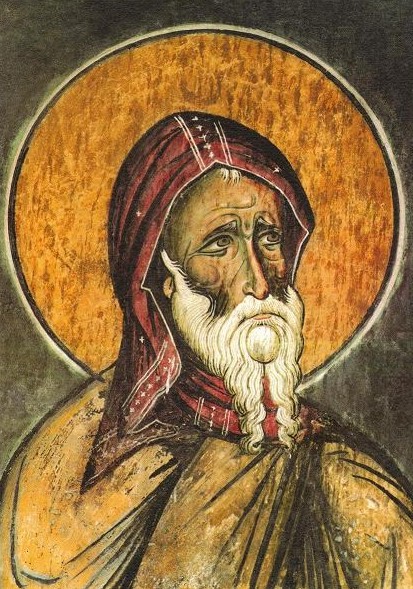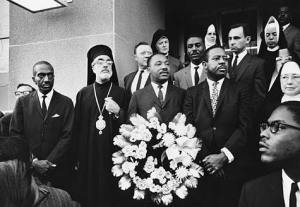Click please
Holy icon of Three Hierarchs from the Orthodox Church of Zambia
Three Holy Hierarchs: Synaxis of the Ecumenical Teachers and Hierarchs Basil the Great, Gregory the Theologian, and John Chrysostom (January 30)
Building The New City: St. Basil’s Social Vision
 Orthodox Church & Capitalism: Orthodox Fathers of Church on poverty, wealth and social justice
Orthodox Church & Capitalism: Orthodox Fathers of Church on poverty, wealth and social justice The Saints Wonderworkers and Unmercenaries Cyrus & John and the Holy Martys Athanasia with her daughters, Theoctiste, Theodota & Eudoxia in Egypt
The Orthodox New-Martyr of Mexico: Paul de Ballester-Convallier († January 31, 1984)



























